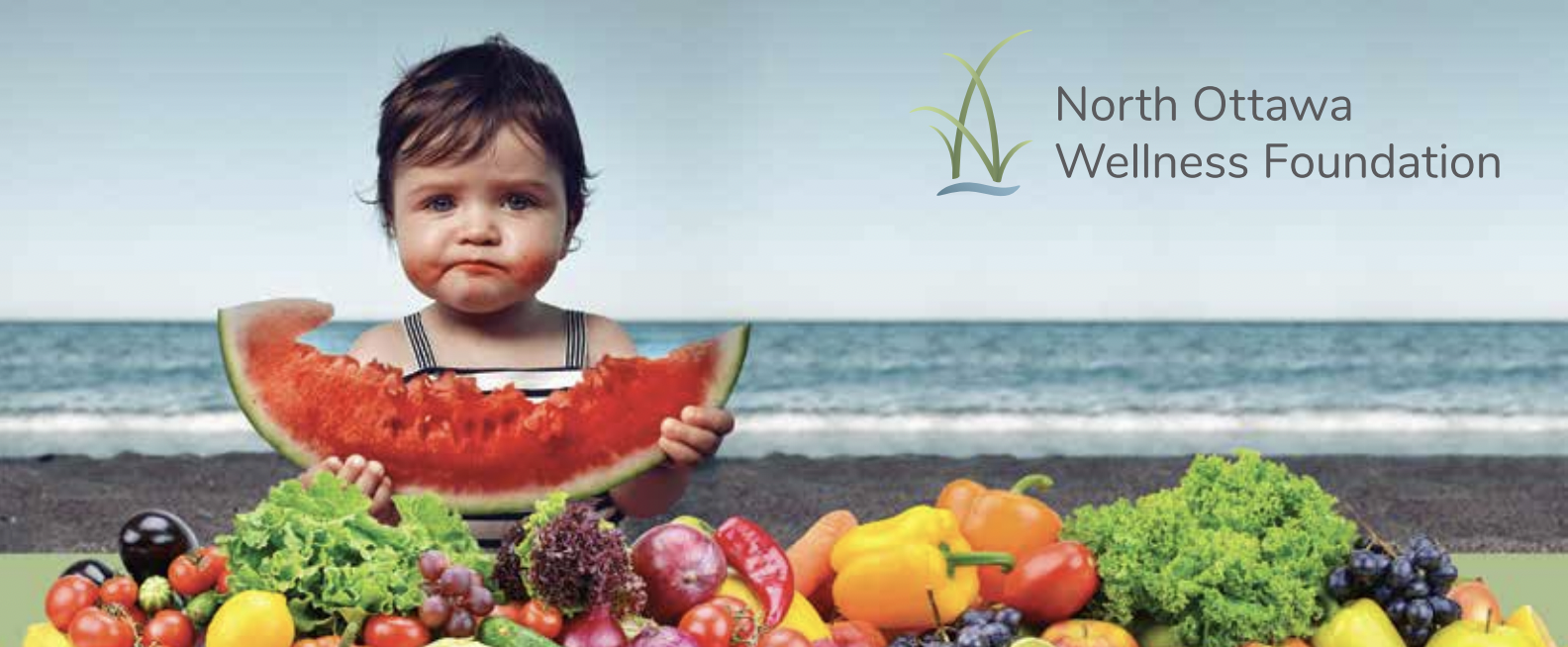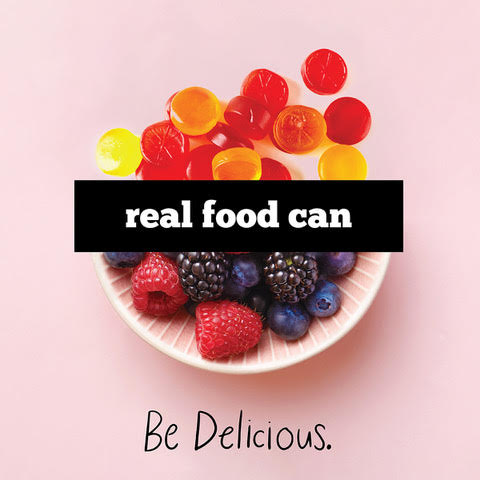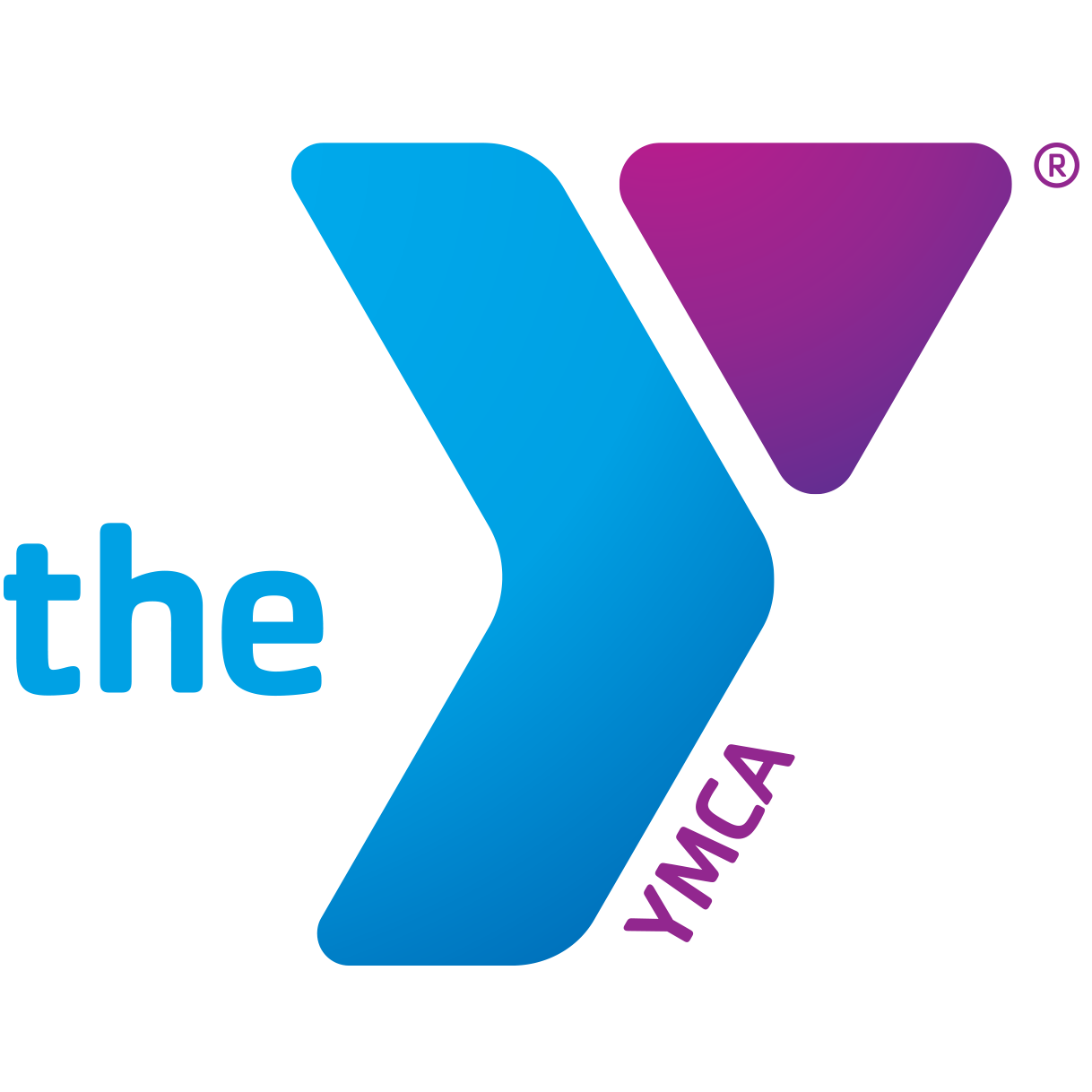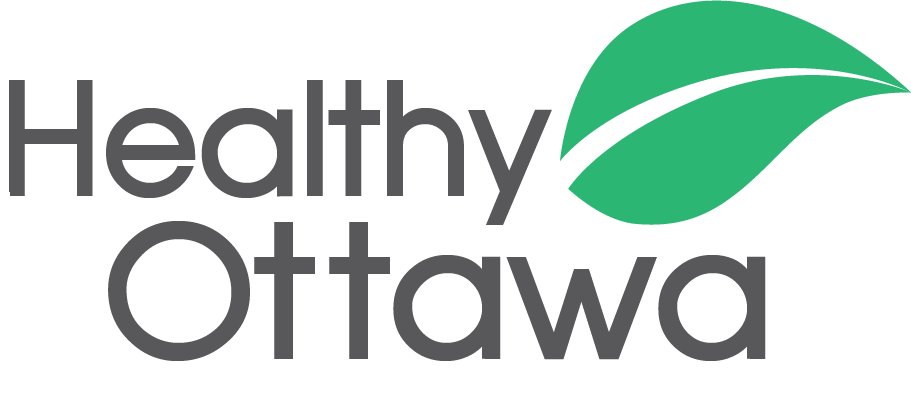North Ottawa Wellness Foundation
Real Food & Nutrition
Real Food & Nutrition
“The foods you put into your body directly impact the output-energy levels, sleep quality, inflammation, and more. Navigating today’s food landscape is challenging. I truly enjoy guiding and simplifying food choices and meal planning with individuals and families.” – Erica Phelps, Fitness and Wellness Director, Tri-Cities Family YMCA
Just a few simple steps can help to create true nourishment from the foods we eat and the way we eat them. Eat foods in season. A strong digestion is crucial to healthy, happy living. We extract the greatest level of nourishment from the foods we eat when we are able to maintain a strong digestion. A strong digestion is able to convert whole, quality foods we eat into the tissues and building blocks of our body. Food is more than just fuel for the body to maintain adequate energy supplies. A diet rich in fresh, local, seasonal foods, supplemented with quality whole grains and organic dairy and meat products, nourishes our body and assists the processes of building strong muscles, bones and tissues of the body. When our digestion is weak, food is not completely metabolized and does not provide adequate nourishment or energy. Building self-awareness allows us to make more nourishing food choices for our bodies. We are much more likely to make nourishing food choices when we are operating out of our pre-frontal cortex.
Prioritize foods that are in season, enjoy our beautiful farmers’ markets spring through fall, and Sweetwater Market throughout the winter with root vegetables, onions, winter carrots, etc. Eating produce from our local community assists our local farmers, supports our local economy and ensures that we are eating the kinds of foods our bodies were designed to digest during each season here in Michigan. We don’t want Thanksgiving dinner on a hot August afternoon, our bodies know to crave cooling foods like watermelon, fresh fruit and veggies platters and cool lemonade. Eating in season supports a strong digestion and nourishes the body with warm, grounding foods in the colder months and sweet, cooling foods in the hot summer months.
What we eat & how we eat affects digestion
- Eat in a quiet, settled environment, away from computer/iPad/TV
- Do not eat when upset, or surrounded melodrama
- Eat freshly prepared foods – lightly cooked
- Eat at a comfortable pace; stay conscious of process, truly enjoy every bite
- Leave room in your stomach for food to digest, stopping when 1/4 of your stomach is still empty
- Imagine a gas gauge – eat only when you feel hungry (at a 2) and stop with room to digest (at 7 or 8)
- Digest previous meal before beginning the next
- Reduce ice-cold beverages – the body has to bring food to body temperature before can recognize & digest – double work for body
- Sit to eat, this allows more blood in the intestines for digestion
- Sit quietly for a few minutes after meal, focus attention on sensations in body, then take a short walk
From the work of Dr. Deepak Chopra & Dr. David Simon
Make your lunch your largest meal of the day, when your digestion is at its strongest. Dinner should be a light meal, supper, as a “supplement” to sustain you through the night. A larger lunch and lighter dinner allow you completely digest your daily meals and allow for more efficient and effective detoxification and rejuvenation of your body while you sleep. A lighter dinner also improves the quality of your sleep. Bring awareness to how different foods feel after each meal. Do they add energy to the body? Or feelings of lethargy? Bring awareness to signals of comfort and discomfort from your body. Listen to the wisdom of your body and notice how different food choices feel as you digest them.
Signs of a Healthy Digestion
-
Feel rested upon waking, ready to start the day
-
Skin has a healthy glow
-
Tongue is pink and clear with little coating
-
Body feels light, no matter what your weight
-
Feel centered and focused throughout the day
-
No bloating or discomfort after meals, all is digesting
-
Feel energized and enthusiastic
From the work of Dr. Suhas Kshirsagar
Signs of Incomplete Digestion
-
Bad breath
-
Tongue coated upon awakening
-
Loss of appetite
-
More generalized pain such as headaches, tension in shoulders, back and neck
-
Feelings of fatigue, it is difficult to get going in the morning
-
Feelings of depression
- Bloat, heartburn, and/or reflux,
- Food intolerances or sensitivities,
- Stinky gas, and/or constipation and diarrhea
Real Food & Nutrition
Your body is an amazing, finely tuned machine. Just like a car, it runs best when you fill it with the right kind of fuel.

Adding 5mph to Your Nutritional Engine
Don’t try to do it all at once. In car terms, don’t worry about how quickly you can go from zero to 60mph. Instead, thank about small, incremental changes. Learn More!

Car gauges, like oil or fuel, show where you are on a continuum. When you get to the red zone, problems arise. Learn More!

What are Your Orange Construction Barrels?
The road to nutritional wellness has many metaphorical “orange construction barrels.” We can overcome these barriers with two basic steps. Learn More!
Harvard Medical School Resources
Harvard Medical School and Harvard’s T.H. Chan School of Public Health offer numerous resources to support healthy choices around real, whole foods and the importance of high quality nutritional choices.
Food Affects Mood, Nutritional Psychiatry from Harvard Medical School
Food Impacts Immunity, Nutrition and Immunity from Harvard’s T.H. Chan School of Public Health
Seven Simple Steps to Fight Inflammation from Harvard Medical School
Sign up for Harvard Medical School’s HealthBeat newsletter, with tips for healthy living, health information you can trust, and more.

Real Food Can
Eating Real Food doesn’t have to be hard.
Ottawa Food is here to show you how easy it can be to find and prepare healthy, affordable, local, safe and delicious food.

Ottawa Food
Our vision is to have an available supply of well-balanced meals for all. Learn more about resources for food assistance in Ottawa County.
NOCHS’ Dr. Haney Assaad
Want to Avoid Dementia? Add Some COLOR to Your Plate.
NOCHS’ Food as Medicine
Dr. Tabatha Barber
OB/GYN Surgeon
Practicing Functional Medicine Physician
Nine Tips to Bust Your Sugar Cravings from Grand Rapids’ Center for Mindfulness
A little sweetness is okay. Eating too much added sugar can set you up for endless cycles of wanting more. Research suggests that too much sweet stuff plays a role in the development of heart disease, diabetes, and dementia.
Make it Homemade and Healthier from West Michigan Woman
Include soluble and insoluble fiber in your daily nutritional intake to support a strong digestive system and a healthy microbiome.
Soluble Fiber
Dissolves easily in water and slows down digestion, creates feelings of being full, satiated. ex: pear, avocado, oranges, red grapes, banana
Insoluble Fiber
Adds bulk to diet and helps with constipation, has a laxative affect. ex: barley, brown rice, zucchini, broccoli, green beans, dark leafy greens, root vegetable skins
A Healthy Microbiome Supports Strong Digestion
The microbes that live in our gut help to maintain a healthy digestive process and happy, healthy lifestyle. For example, our gut harbors 100 million neurons, more than the spinal cord, and produces 95% of the body’s serotonin, one of the most crucial neurotransmitters, whose levels are connected to mood and mindset. Eating whole foods, preferably in season, supports a healthy micro biome, which is a critical feature of a strong digestion.
- Positive choices and a positive mindset directly affect our microbiome & its ability to digest what we eat, as well as epigenetic activities, which increase or decrease inflammat
ion and other factors in our digestion. - Modern life exposes us to many influences that either harm the microbiome or are suspected to harm it, including the widespread use of antibiotics, a high-fat, high-sugar diet, lack of fiber, air pollution, excessive stress, bad sleep, and various additives and hormones in the food we buy.
- The microbes that colonize the gut are a direct cause of inflammation when we are eating non-nutritive foods, but also a protection against it when the microbiome is healthy.
From Super Genes by Dr. Deepak Chopra and Dr. Rudy Tanzi
Community Resources
NOCHS
Learn about four aspects to boosting natural immunity.
NOCHS’ Health and Wellness Program
Our mission is to work in partnership with you to develop an individualized health plan.
Food Pyramids Across Cultures
As we widen our lens to a greater appreciation of other cultures, of multiple ways of looking at the world, check out these food pyramids from around the world.
Blue Zones
Food guidelines and cultural diversity
Healthy Eating Tips for Families
Create a Healthy Plate
Easy food tips from Kaiser Permanente
Blue Zones
The One Change That is Helping American Students Eat Healthier
Blue Zones
Seven Things to Do Now to Make Healthy Eating Easy and Fun
Curious for More?
See what resources our community partners have to offer.




North Ottawa Community Health Systems
November 2017 Feeling Stressed? Put Better Wood on Your “Gut Fire” Community Newsletter article.

The Tri-Cities Family YMCA
Learn more about nutrition in The Tri-Cities Family YMCA Jump Start Program.

Grand Haven Area Community Foundation
Grand Haven Area Community Foundation funds nutrition support in our community.



Shape Fitness Factory
Sugar Wellness Challenge, Shape Family Wellness Program.

Healthy Ottawa
The Healthy Ottawa Plan focuses on the greatest health needs in Ottawa County.
